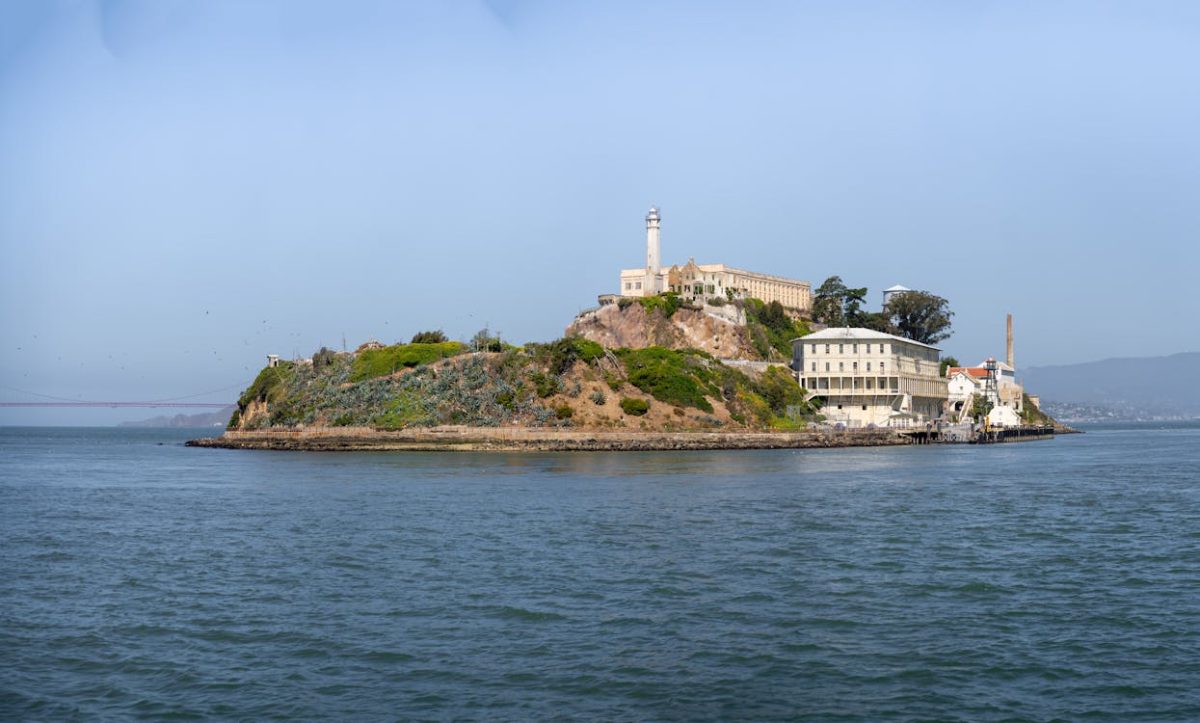The United Kingdom formally left the European Union Jan 31, 2020 at 1l p.m. This “’Brexit ” has been in the works for over four years with the referendum, a public vote ‘known as a referendum’ was held in June 2016, when 17.4 million people opted for Brexit. This gave the Leave side 52%, compared to 48% for Remain.
“I personally do not support brexit and I think it has been handled very unprofessionally,” said Martha Davis-Cutting, junior.
The EU is an economic and political union involving 28 European countries. It allows free trade, which allows goods to move between member countries without any checks or extra charges.
The EU British politics has always included a faction that is skeptical of deeper integration with the rest of Europe. This faction has grown stronger in recent years as the EU has struggled with the aftermath of the 2008 financial crisis. Britain joined the European Economic Community in 1973 and hence the EU in the 1990s. Britain never fully accepted the legitimacy of European control over British institutions in a way that other EU members did. It refused, for example, to join either the Schengen Area, which eliminates internal border controls, or the common currency.
“Being able to control your economics is valuable to all nations not just Britain,” said Jacob McCarthy, junior.
Since 2008, Britain’s background euroscepticism has been amplified by the poor performance of European economies. The post-2008 recession was bad in the United States, and was in Europe. The eurozone took a greater hit than the U.S. did initially, and then quickly collapsed back into recession rather than experiencing a continued recovery.
Central banks are supposed to react to recessions by expanding the money supply in order to promote economic activity. The 2008 financial crisis caught central banks flat-footed both in the United States and Europe. America’s central bank, the Federal Reserve, ultimately responded forcefully to the economic downturn, helping to get the economy growing again starting in 2010. In contrast, the European central bank (ECB) decided to raise interest rates. While the US economy started to heal, the eurozone tipped into a double-dip recession. Things got so bad, particularly in Greece, that it looked like the entire eurozone system could collapse. This did not affect the UK directly, as it uses the pound rather than the euro. Many looked at the situation and decided that EU membership was dangerous.
The EU had historically only expanded its powers and they worried how long until Britain got roped into a euro-like disaster or faced pressure to bail out countries whose economies were wrecked by bad eurozone economic policies. This argument gave new potency to Britain’s long-simmering euroscepticism.
“I Think Britain let the European Unionto go back to what they were before, a completely independent nation,” said McCarthy,
By mid-2012, after three years of the eurozone crisis with no real end in sight, Prime Minister David Cameron was under significant pressure from members of his own Conservative Party to hold a referendum on whether the UK should stay in. In 2013, Cameron gave a speech promising to hold just such a referendum if the Tories (England’s Conservative party) won Britain’s 2015 election.While arguments about economic regulation and political sovereignty dominate the intellectual case for Brexit, the political appeal of Brexit relies heavily on the emotionally charged issue of immigration.

Britain officially split from the european union on Jan. 31, 2020.






